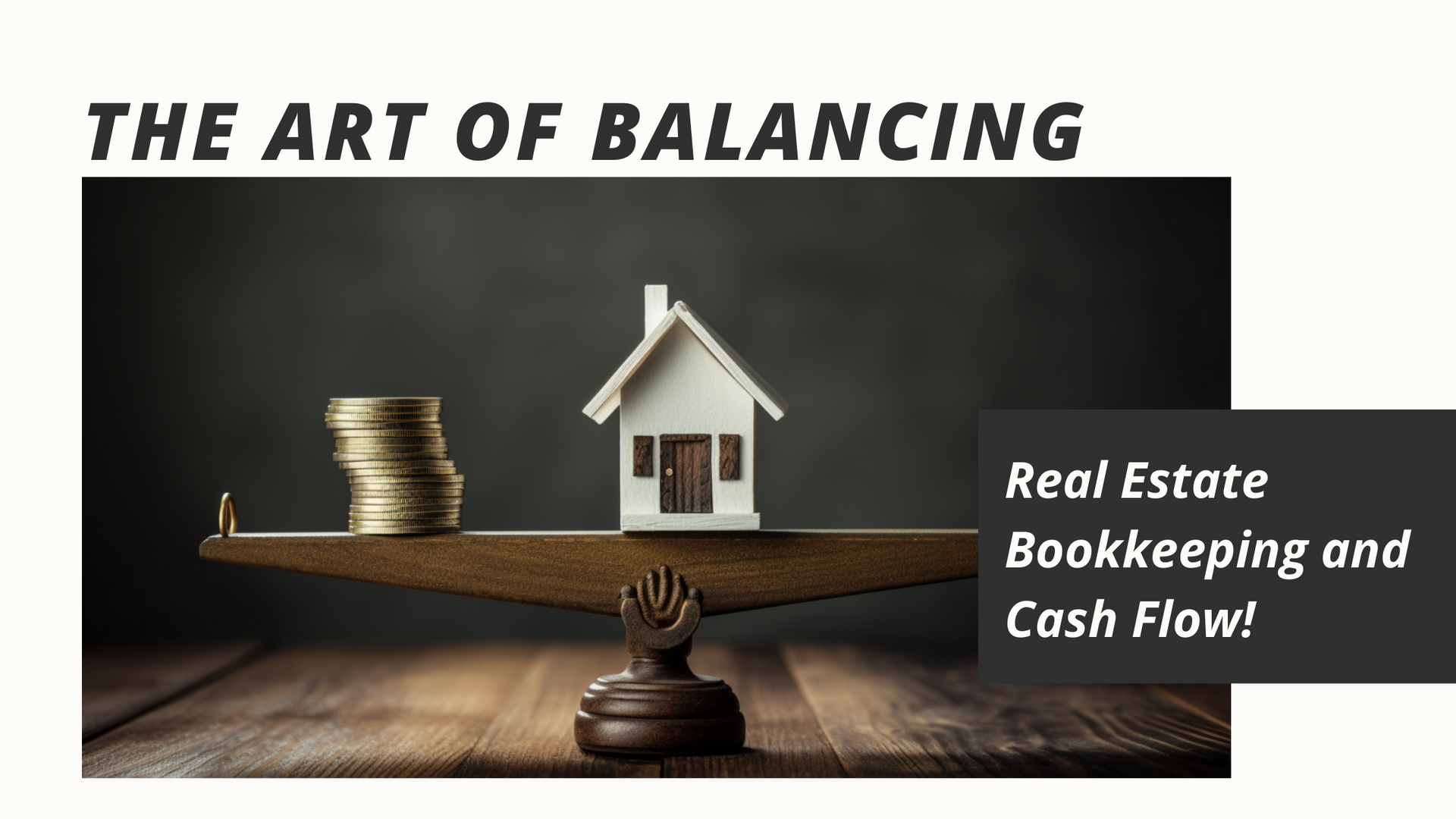Demystifying Real Estate Depreciation: A Comprehensive Guide to Maximizing Your Tax Benefits
Demystifying Real Estate Depreciation: A Comprehensive Guide to Maximizing Your Tax Benefits

Introduction
Hey there, savvy investor! Are you ready to unlock the mysteries of real estate depreciation and boost your tax benefits? We've got your back! Grab a cup of your favorite beverage, and let's dive into this treasure trove of tax-saving tips together.
What is Real Estate Depreciation?
Understanding Depreciation
Depreciation is like a secret weapon that helps you spread the cost of an asset over its useful life. In real estate, it's a nifty way to recoup some of your investment in rental properties, reducing your taxable income and saving you money on taxes.
Why is Depreciation Important in Real Estate Investing?
Depreciation is the superhero of real estate investing because it can significantly impact your bottom line. By cracking the code on depreciation rules, you can reduce your taxable income and supercharge your cash flow. And who doesn't want more cash in their pocket?
Types of Real Estate Depreciation
Residential Property Depreciation
Residential property depreciation covers rental homes, apartments, and other cozy dwellings. According to the IRS, the useful life of the residential property is 27.5 years, which means you can depreciate the cost of the property over that period. Ask your CPA about accelerated depreciation schedules and if those are more beneficial for your business needs.
Commercial Property Depreciation
Commercial property depreciation is all about office buildings, retail spaces, and other non-residential properties. The useful life of commercial property is typically 39 years, a bit longer than residential property depreciation.
Calculating Depreciation
Cost Basis
To calculate depreciation, you first need to determine the cost basis of your property. The cost basis includes the purchase price and any improvements made to the property, minus the value of the land. Remember, only the building and its improvements can be depreciated, not the land itself.
Useful Life
Next up, you need to determine the useful life of your property. As mentioned earlier, the IRS has set useful life standards for residential and commercial properties at 27.5 and 39 years, respectively.
Depreciation Methods
1.Straight-Line Depreciation
Straight-line depreciation is the simplest method for calculating depreciation. Divide the cost basis by the useful life to determine the annual depreciation amount.
2.Modified Accelerated Cost Recovery System (MACRS)
The MACRS is like the cool older sibling of straight-line depreciation. It allows for greater depreciation deductions in the early years of property ownership. The IRS typically requires the use of MACRS for real estate depreciation, so it's essential to familiarize yourself with this method. The MACRS involves dividing the cost basis into separate components, each with its own depreciation rate, and then applying these rates over the property's useful life.
Reduction in Taxable Income
Here's where the magic happens! As you claim depreciation on your rental property, it reduces your taxable income. That means you'll pay less in taxes, and who doesn't love that? Plus, it's perfectly legal, so you can sleep soundly at night knowing you're maximizing your tax benefits with the help of professionals like Olive Branch Bookkeeping, Inc.
Maximizing Cash Flow
Since depreciation reduces your taxable income, it also helps improve your cash flow. With more cash in your pocket, you can reinvest in your properties or expand your real estate portfolio. Olive Branch Bookkeeping, Inc can help you navigate the complex world of depreciation, ensuring you're maximizing your cash flow.
Claiming Real Estate Depreciation on Your Taxes
IRS Form 4562
When tax season rolls around, you'll need to complete IRS Form 4562 to claim depreciation on your rental properties. With some guidance from the experts at Olive Branch Bookkeeping, Inc, you'll be guided to the perfect Tax Specialist that will help you determine the best strategy for your depreciation schedules!
Depreciation Recapture
Now, before you get too excited about all the tax savings, there's one thing you need to know about depreciation recapture. When you sell a property, you may have to "recapture" some or all of the depreciation you've claimed, effectively paying back those tax savings. However, there are strategies to minimize or avoid depreciation recapture, such as a 1031 exchange. The team at Olive Branch Bookkeeping, Inc can help you understand and navigate depreciation recapture rules.
Tips for Maximizing Depreciation Benefits
Proper Record Keeping
To get the most out of your depreciation deductions, it's crucial to keep accurate records of your property's cost basis, improvements, and depreciation claimed. Good record-keeping practices can save you time, money, and headaches when tax season comes.
Consult with a Tax Professional
If you're feeling overwhelmed by depreciation calculations and tax forms, don't hesitate to consult with a tax professional like those that Olive Branch Bookkeeping, Inc has strategically partnered with. They can help you navigate the complex world of real estate depreciation and ensure you're maximizing your tax benefits.
Conclusion
Real estate depreciation can significantly boost your tax benefits and enhance your cash flow. While the concept may initially seem intricate, gaining clarity on the various types of depreciation and receiving the right assistance can set you on the path to mastering its potential, allowing your real estate investments to thrive. Though Olive Branch Bookkeeping, Inc. specializes in bookkeeping, they strategically partner with those that possess a deep understanding of real estate depreciation. Their proficient team is poised to assist you in navigating the complexities of depreciation practices. While Olive Branch Bookkeeping, Inc isn't a tax professional, their expertise in bookkeeping can be an invaluable asset in your real estate journey. Are you prepared to elevate your real estate endeavors by harnessing the power of depreciation? Trust in the expertise of Olive Branch Bookkeeping, Inc and take that decisive step. Connect with them today and discover how their professional insights can make a difference in your real estate investments. You'll be glad you did!
Disclaimer : Olive Branch Bookkeeping, Inc is a Bookkeeping firm and not a tax professional, though we do partner with many tax professionals, we always advise you to seek legal tax advice.




